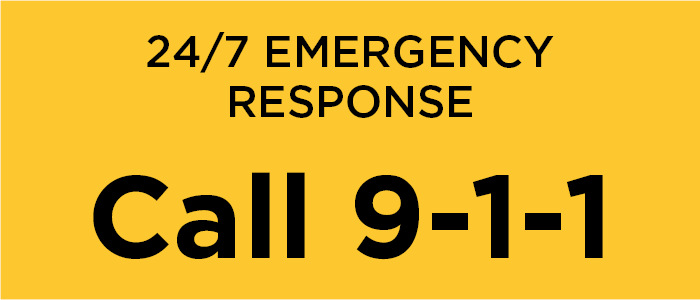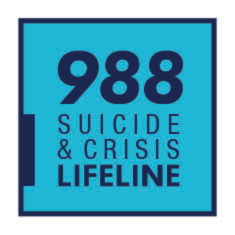
Provide Support
Many individuals who have been impacted by sexualized violence seek support from people they trust – friends, teammates, family members, life partners, teachers, coaches. If someone you know tells you about an incident of sexualized violence, your supportive response can help the person move toward healing.
How to provide support to someone who has experienced sexualized violence
It can be difficult to know what to do or say when someone discloses an incident of sexualized violence, but you don’t need to be an expert to provide helpful, appropriate support. Your response can empower the survivor and promote healing.
Listen
Believe
Validate
Challenge victim blaming
Respect privacy
Restore choice
Explore options
Take care of yourself
It’s okay to make mistakes as you try to support a survivor of sexualized violence. Learning to support someone else is a life-long process.
Understand your own limitations. You are only one person, and you are not solely responsible for another person’s healing.
Take time to nourish and replenish yourself. Caring for yourself allows you to support the people in your life more fully. You might consider seeking support or counselling yourself, especially if you are supporting someone on an ongoing basis.
Know where to turn
If you are supporting a person who has experienced sexualized violence, you are not alone. Many community organizations and campus services have trained professionals who know how to support a survivor at different stages of the healing process. Help the person you are supporting to understand the available options.
Parts of this section are adapted from the University of Lethbridge, Sexual Violence Prevention, Education, & Response Office and the zine Supporting a Survivor or Sexual Assault.

